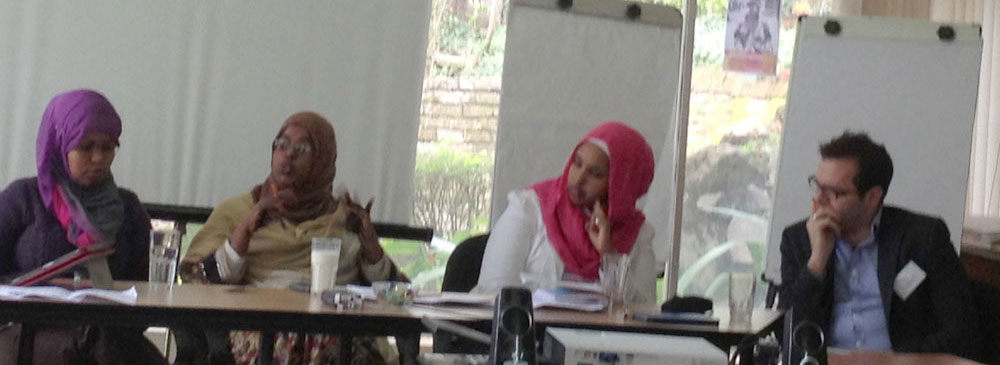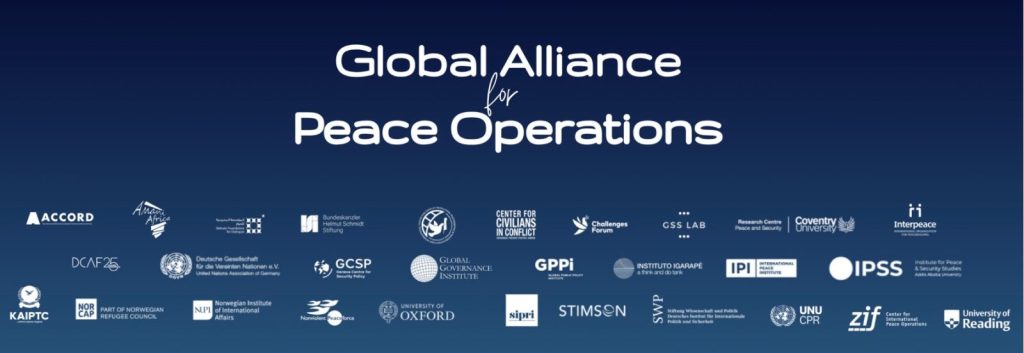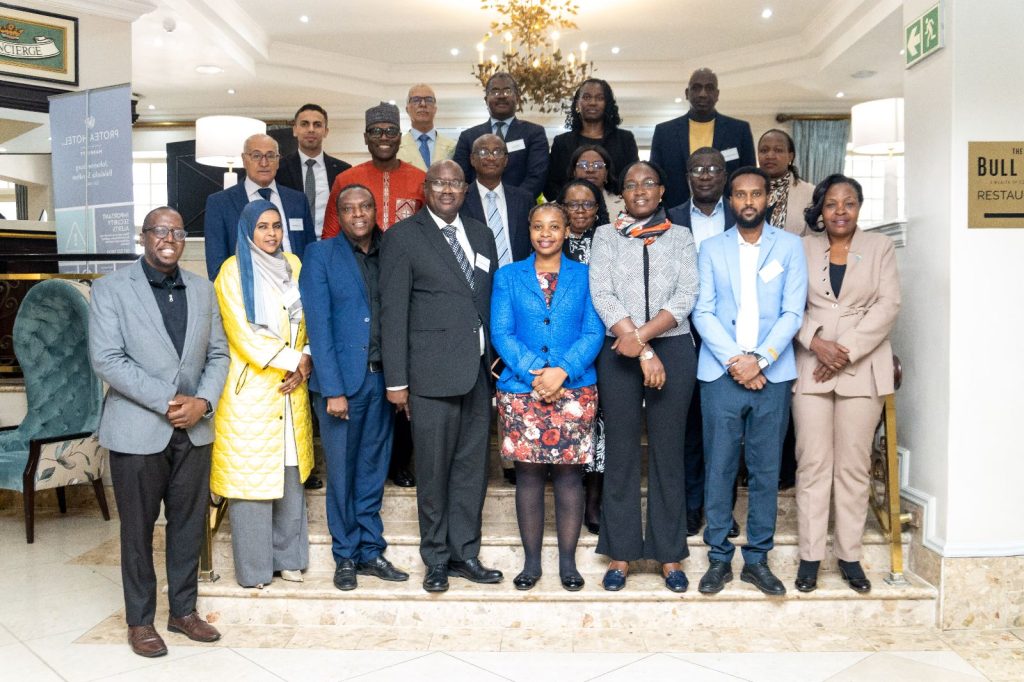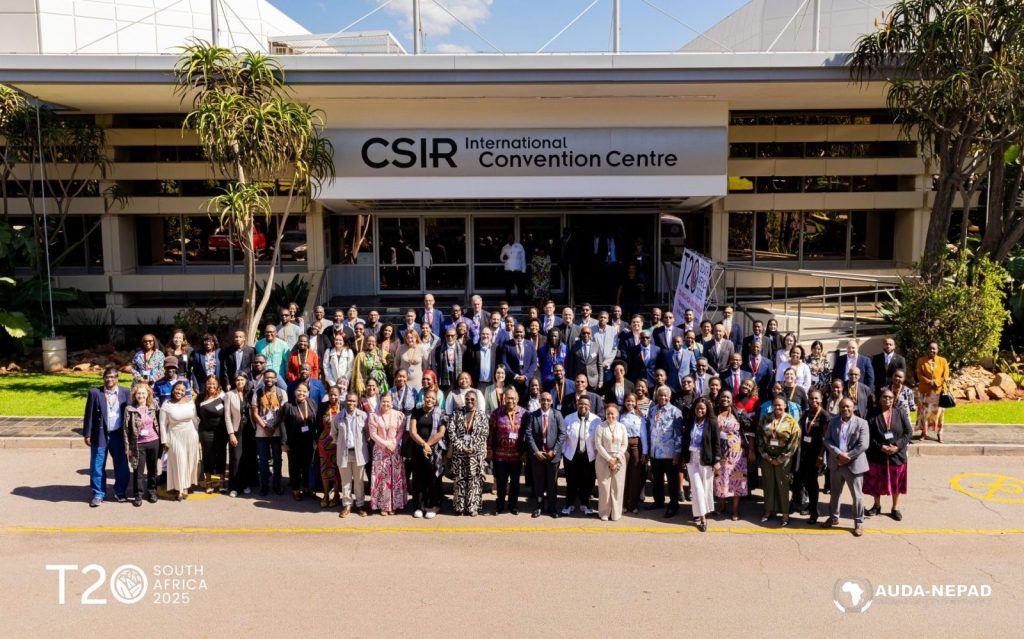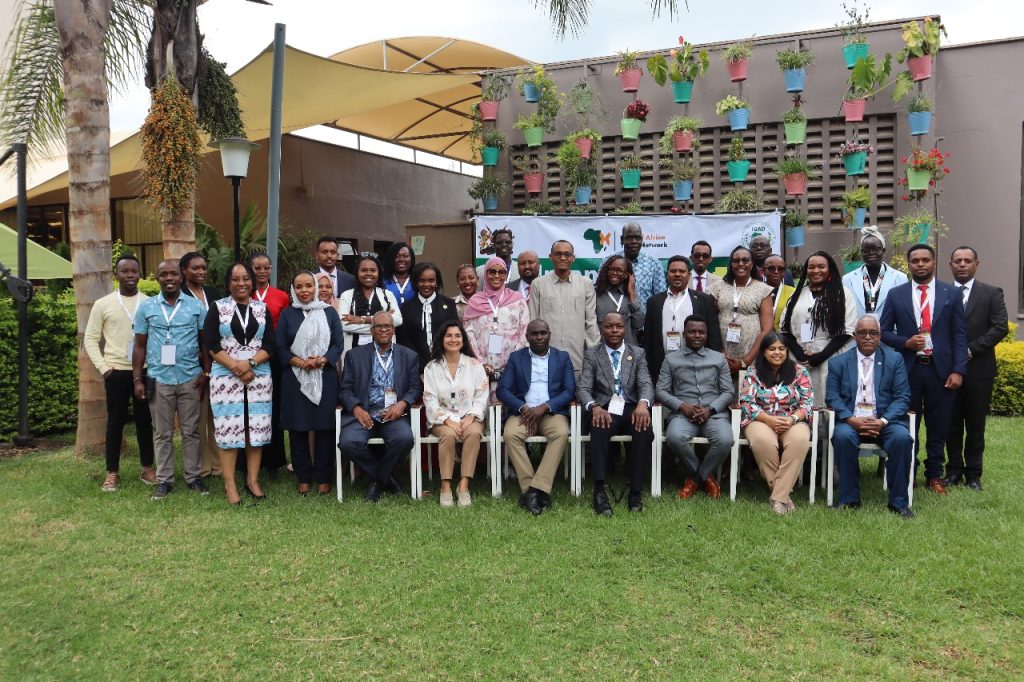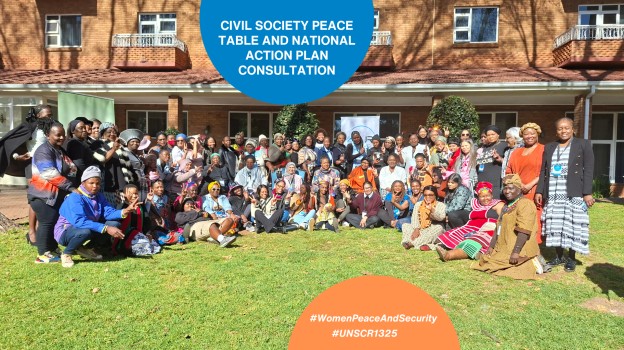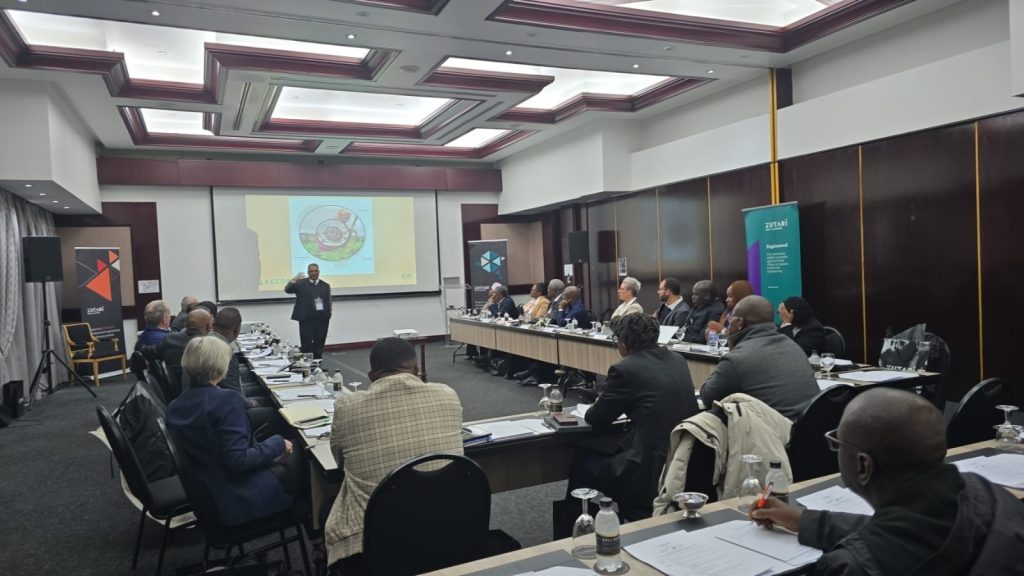From 26-27 June 2013, ACCORD’s peacebuilding Unit, through its main programmatic engagement the African Peacebuilding Coordination Programme (APCP) attended the Oxfam two day Roundtable in Nairobi, Kenya on Gender, Conflict and Masculinities: Understanding the Impact of War on Men and Gender Relations in South Sudan, Somalia and DRC.
The workshop brought together practitioners, researchers and policy makers in the field of gender and peacebuilding, representative of civil society, academia, international agencies and partners. This roundtable aimed to provide various stakeholders with a greater understanding for the different ways in which men and women are affected by conflict and violence. The discussions focused on Somalia, Democratic Republic of Congo and South Sudan and explored the specific issues related to definitions of manhood and masculinity in Africa and gendered identities in conflict.
The idea of men and the effect warfare has on them is a much neglected field, yet one that is vitally important when considering a thorough gender analysis. This workshop created the space where the examination of this otherwise neglected field by engaging stakeholders around new livelihood strategies needed by both men and women in the face of protracted conflict and help to deconstruct notions of hegemonic masculinity in conflict in Africa. The workshop too outlined what transformative gender relations in conflict could look like and come up with options for improved humanitarian and policy engagement on the issues raised. The outcome of this workshop will be a final report, produced by Oxfam, which will be used as a basis for further in depth policy analysis on gender in conflict, with a focus on men, and masculinities and gender relations in the three mentioned countries.
The notion of gender in post-conflict situations is a cross-cutting theme in the policy analysis, research and trainings in the work of the Peacebuilding Unit. Specifically, aspects of the effect of conflict on gender relations, how to include gender analysis in peacebuilding planning and how to develop the capacity of men and women in post-conflict situations are key focus points of the African Peacebuilding Coordination Network (APCN) trainings this year as well as the ACCORD Peacebuilding Handbook, released in April 2013. The APCN is the training component under the African Peacebuilding Coordination Programme, the flagship program of the ACCORD Peacebuilding Unit, funded by the Government of Finland. This workshop shed some light on new aspects of gender analysis which must be considered in order to ensure effectives addressing of the root causes of violence.

